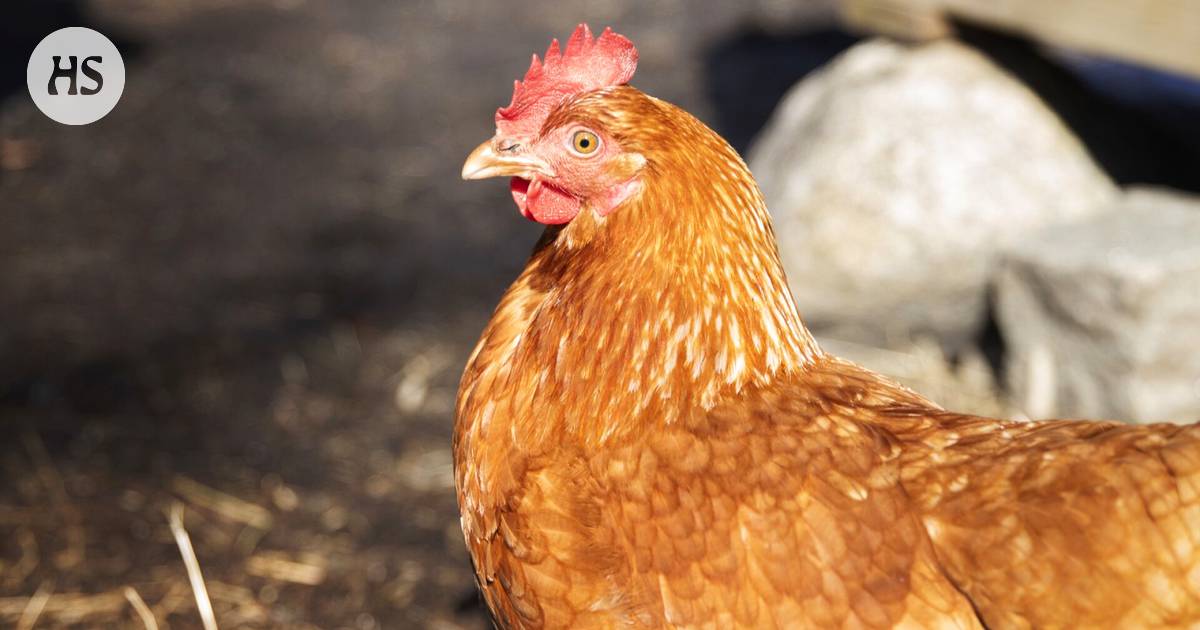Although young Finns are still in the top position in the Pisa comparison with their literacy skills, there are more weak readers than before.
Finns children’s literacy has slowly deteriorated, although in the international Pisa comparison of nine-graders, our ranking is still excellent.
However, the proportion of weak readers has increased and this worries experts. About one in seven young Finns finishing primary school already read so poorly that it makes it difficult to cope with studies and society at large.
Of particular concern Pisa results Swedish experts like this: closer to two-thirds of boys report reading only when forced. Four out of ten girls are responsible for this. The latest results are based on tests and surveys in 2018, which had clearly more reluctant readers than in 2009.
Equally there is no reason for the gradual deterioration of literacy. In any case, it has taken place at a time when the use of smart devices has taken up a large part of the leisure time of children, young people and adults alike.
Social media and games provide fast and addictive entertainment in an easy way, while reading requires a special effort during the learning phase. It’s easy to see why books and magazines are losing out to other entertainers, even if a parent would encourage reading.
“
The majority of boys read only in the face of compulsion.
The current primary school emphasizes skills in a wide range of competencies. They are important, but the school should also invest even more in its traditional bread literacy now that the leisure-time hobby is declining. Strong and critical literacy is a prerequisite for many other skills.
Own my well had just finished elementary school. He has grown up in a world where smartphones are already part of the everyday life of even the first-graders. He has also been one of those who reads mostly when there is a compulsion.
In the first classes, there was quite a bit of compulsion: 15–20 minute reading lessons from time to time. In the fourth grade, the teacher then announced that everyone should complete a reading diploma, a book package that is used in elementary schools and is tailored to each age level.
When twelve books had to be read in about nine months, it was necessary to use at least some free time for reading on a regular basis. And as the same practice continued in the rest of primary school, reading also became genuinely interesting. Now the child grabs the book other than in the face of coercion.
Compulsion does not motivate everyone, but for many primary school children it works. That’s when the foundation for strong literacy is built.
The author is the science editor of HS.
#Columns #Children #young #people #read #forcibly #seventhgrader #reads #poorly #difficult #cope

/s3/static.nrc.nl/wp-content/uploads/2024/04/web-2604buicharles.jpg)







